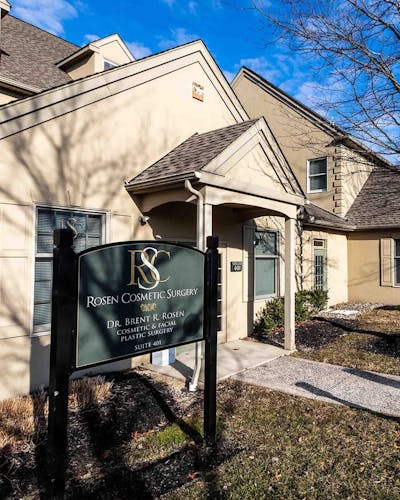Drooping eyelids, sagging skin, or rogue puffiness can all contribute to an unfortunate look. Nobody wants to appear tired or cranky when they actually feel quite the opposite. Eyelid surgery with Dr. Rosen can help you look as youthful and rejuvenated on the outside as you feel on the inside, walking back the clock and restoring your refreshed appearance. Reach out and set up your consultation to learn more about this procedure today!
After Eyelid Surgery: Your Recovery Period
Recovery from eyelid surgery is about 10 days, and Dr. Rosen may lubricate the eyes with special ointment and apply a bandage immediately after surgery.
Your eyelids will probably feel tight and sore as the effects of anesthesia subside, and we’ll provide you with medications to help control your discomfort. You’ll need to keep your head elevated, using cold compresses to control swelling and bruising as you heal, and it’ll be three weeks before you can exercise or wear contact lenses.



